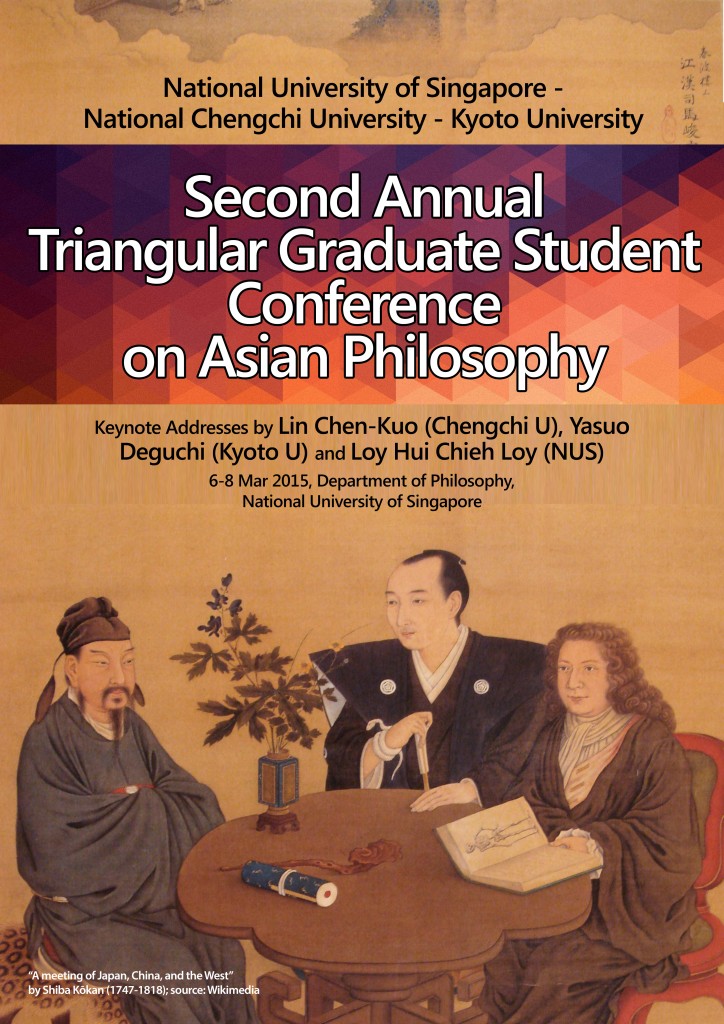Timothy Williamson offers the ordinary practice, the lottery and the Moorean argument for the ‘knowledge account’ that assertion is the only speech-act that is governed by the single rule that one must know its content. I show that these fail to support it and that the emptiness of the knowledge account renders mysterious why breaking the knowledge rule should be a source of criticism. I argue that focusing exclusively on the sincerity of the speech-act of letting one know engenders a category mistake about the nature of constraints on assertion. After giving an analysis of assertion I propose that the norm of a type of assertion is the epistemic state one needs for one’s speech-act to succeed in being an assertion of that type and that the epistemic state in question is determined by the point of the type of assertion. One is practically irrational in violating the norm.
Philosophy Seminar Series
Date: Thursday, 2 Apr 2015
Time: 2pm – 4pm
Venue: AS3 #05-23
Speaker: John Williams, Singapore Management University
Moderator: Dr. Qu Hsueh Ming
About the Speaker:
 John N. Williams (PhD Hull) works primarily in epistemology and paradoxes, especially epistemic paradoxes. He also works in philosophy of language and applied ethics. He has published in Acta Analytica, American Philosophical Quarterly, Analysis, Australasian Journal of Philosophy, Journal of Philosophical Research, Philosophy Compass, Philosophy East and West, Mind, Philosophia, Philosophical Studies, Religious Studies, Social Epistemology Review and Reply Collective, Synthese and Theoria. He is co-editor of Moore’s Paradox: New Essays on Belief, Rationality and the First Person, Oxford University Press together with Mitchell Green. He researches and teaches in the School of Social Sciences, Singapore Management University.
John N. Williams (PhD Hull) works primarily in epistemology and paradoxes, especially epistemic paradoxes. He also works in philosophy of language and applied ethics. He has published in Acta Analytica, American Philosophical Quarterly, Analysis, Australasian Journal of Philosophy, Journal of Philosophical Research, Philosophy Compass, Philosophy East and West, Mind, Philosophia, Philosophical Studies, Religious Studies, Social Epistemology Review and Reply Collective, Synthese and Theoria. He is co-editor of Moore’s Paradox: New Essays on Belief, Rationality and the First Person, Oxford University Press together with Mitchell Green. He researches and teaches in the School of Social Sciences, Singapore Management University.








